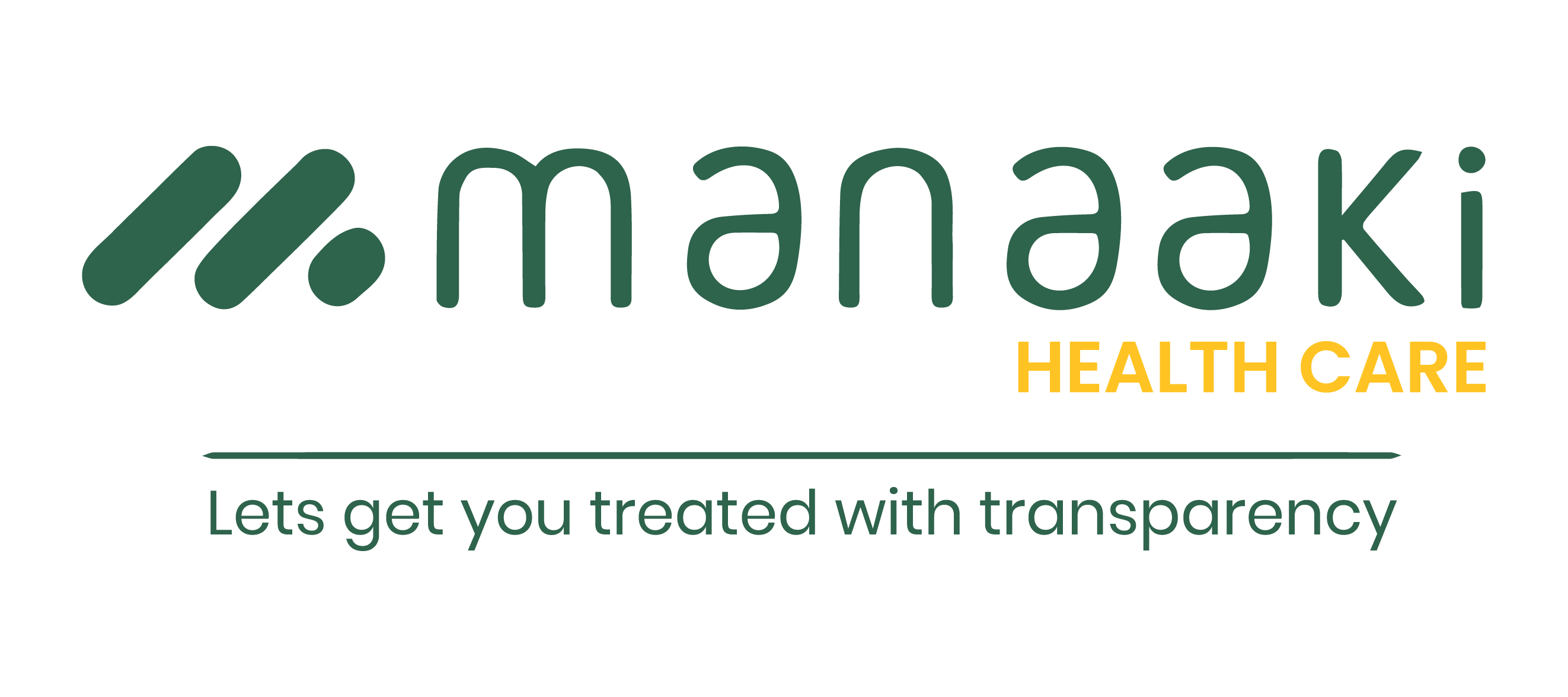Many babies born with atrial septal defects have no signs or symptoms. Signs or symptoms can begin in adulthood. Atrial septal defect signs and symptoms can include; Shortness of breath, especially when exercising, Fatigue, Swelling of legs, feet or abdomen, Heart palpitations or skipped beats, Stroke, Heart murmur, a whooshing sound that can be heard through a stethoscope. These symptoms may indicate that a person needs to see a doctor.
Symptoms of Atrial Septal Defect?
The size of an ASD and its location determine the symptoms it causes. Most kids who have ASDs seem healthy and appear to have no symptoms. Most feel well, and grow and gain weight normally. Children with larger, more severe ASDs, though, might have some of these signs or symptoms:
- poor appetit
- poor growth
- extreme tiredness
- shortness of breath
- lung problems and infections, such as pneumonia
Procedure:
Treatment for an atrial septal defect depends on the age of diagnosis, the number of or seriousness of symptoms, size of the hole, and presence of other conditions. Sometimes surgery is needed to repair the hole. Sometimes medications are prescribed to help treat symptoms. There are no known medications that can repair the hole. If a child is diagnosed with an atrial septal defect, the health care provider may want to monitor it for a while to see if the hole closes on its own. During this period of time, the health care provider might treat symptoms with medicine. A health care provider may recommend the atrial septal defect be closed for a child with a large atrial septal defect, even if there are few symptoms, to prevent problems later in life.
Prevention:
Patient should show to the cardiologist doctor periodically to examine and avoid any uncommon problems. No medicines and no additional surgery or catheterization are needed. Sometimes medicines to prevent blood clots and infection are used for a few months after ASD closure. Patient with small ASD do not need special precautions or restrictions.After recent surgery some limits on your physical activity for a short time is needed and after successful healing from surgery or catheter closure, no restrictions are needed.
Recovery Timeline:
Following surgery, your child may have to remain in the hospital for 2 to 5 days for routine monitoring and follow-up. Your child also likely will have just a short stay in the intensive care unit (ICU). If an ASD is surgically closed in childhood, the heart slowly returns to a normal size, usually in 4 to 6 months.
Cost for ASD in India:
The surgery cost ranges from USD 6000 – USD 11000 in India. Cost of Cardiac Treatment without insurance is extremely high, which prompts people to travel to countries like India for their cardiac treatment. For people who are covered by insurance, but find the cost very high, also choose to travel to India for their treatment for the quality cardiac treatment at most affordable cost.
